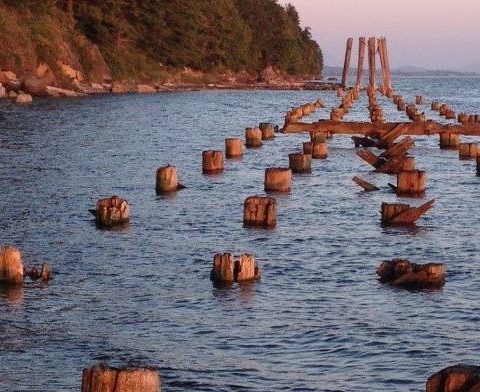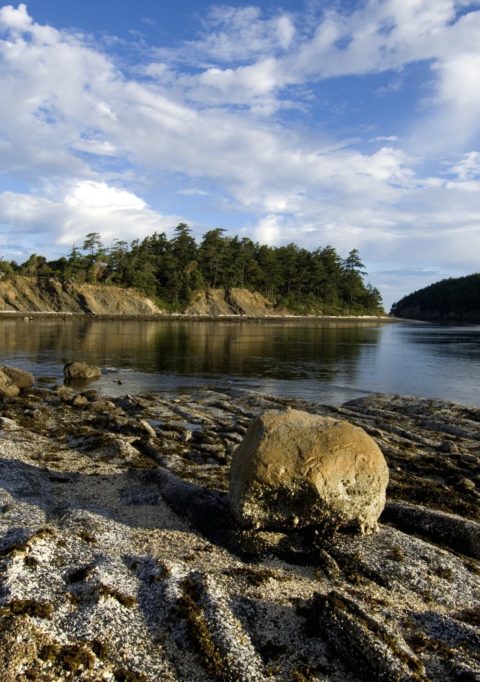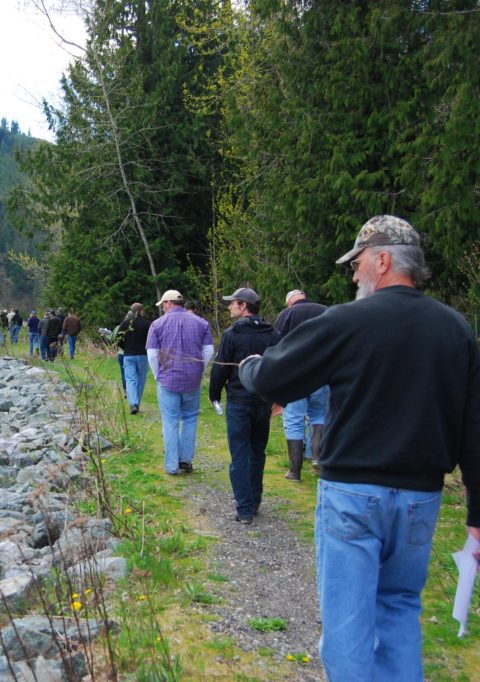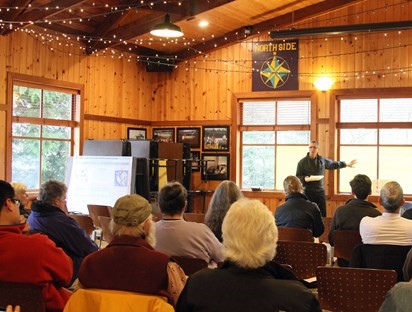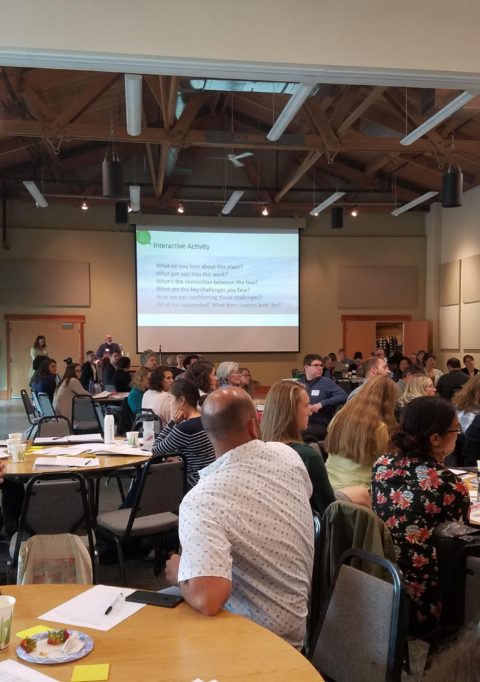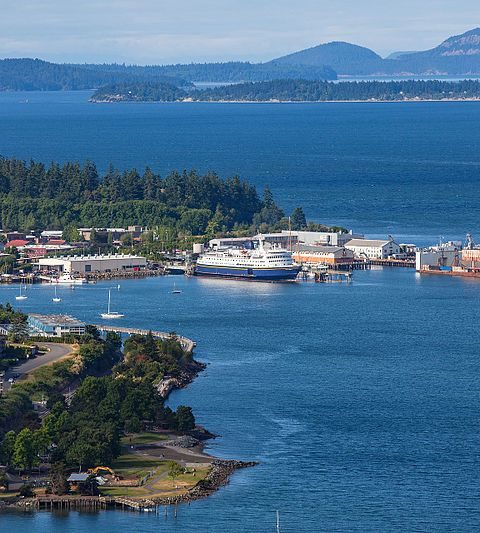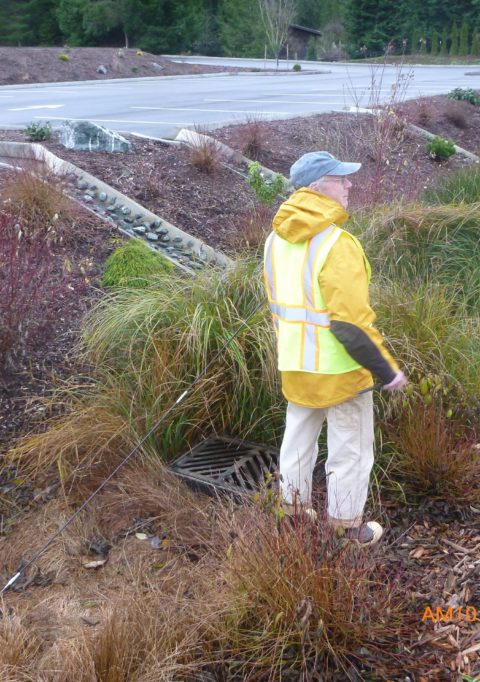Vancouver, Wash. – Maul Foster & Alongi, Inc. (MFA), a leading Pacific Northwest multidisciplinary firm, is excited to announce the acquisition of Peak Sustainability Group, a respected Bellingham, Washington-based firm specializing in climate change and sustainability services. The acquisition of Peak reflects MFA’s ongoing commitment to environmental stewardship and sustainable business practices. This partnership enables MFA…
Green corridors: A lane for zero-carbon shipping
Green corridors: A lane for zero-carbon shipping | McKinsey
The shipping industry needs to scale up zero-emission fuels and vessels within the next decade to achieve decarbonization by 2050.
Key takeaways:
- Zero-emission fuels currently increase the total cost of ownership (TCO) of vessels by 40-60%, depending on the route. “Green corridors” could provide a supportive system for zero-emission fuels through appropriate regulatory measures, financial incentives, and safety regulations.
- Researchers conducted prefeasibility studies for two routes: the Australia-Japan iron-ore route and the Asia-Europe container route.
- Analysis suggests that in 2030, green-fuel vessels’ TCO on these routes would still outstrip fossil fuels by 65% and 45%, respectively. The high cost of green fuels highlights the need for green corridors to engage stakeholders throughout the value chain and mobilize demand.
“The shipping sector is the lifeblood of global trade, accounting for approximately 80 percent of all trade, with further growth expected. The sector also represents about 3 percent of total CO2 emissions— an amount that, if unchecked, could rise by as much as half by 2050.
Recognizing the need for climate action, the International Maritime Organization (IMO) has mandated emission reductions of 50 percent for all vessels by 2050. A number of countries—including Japan, the United Kingdom, and the United States—have declared a target for net-zero shipping emissions in the same time frame. To reach these goals, because ships have a 20- to 25-year operating life, the sector would need to implement comprehensive zero-emission programs over the next decade. The necessary technologies are available, but they would need to be deployed at not only greater scale and speed but also at lower cost.”
Read the full article from McKinsey Sustainability here.



